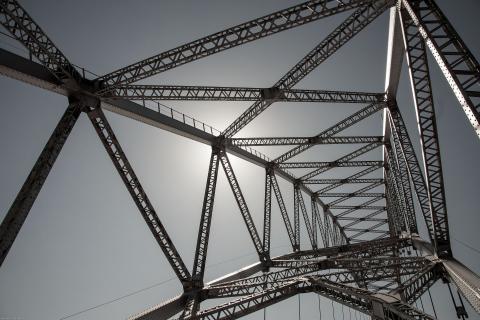Region: Global
Country: Global / Non-Specific
Sectors: Energy and Power
Topics: Procurement
Keywords: Legal Framework *, Legal issues, Preparation, Procurement, Implementation, Concession, Energy and Power PPPs **
Document(s):
Emergency Power Procurement Toolkit (PDF) bytes
Document Details:
The procurement by state-owned utilities of emergency supplies of power to cope with unanticipated shortages of generating capacity is becoming an increasingly common activity in developing countries. The reasons for procurement of emergency power are varied – hurricanes or other weather-related damage to existing utility facilities; droughts resulting in diminished production from hydroelectric plants; catastrophic failures of existing generation equipment owned by the state-owned utility; or simply poor planning on the part of the concerned utility, resulting in an inability to meet increased demand.
These procurements typically take the form of the purchase of energy and capacity from an Independent Power Producer (IPP) under a “Power Purchase Agreement” (PPA) between the IPP as the “seller” and the state-owned utility as the “purchaser.” The PPA is normally supported by a “Government Support Agreement” (GSA) –sometimes called an “Implementation Agreement” – between the IPP and the government that owns the utility (making the emergency power purchase), under which the government makes certain commitments to the IPP.
For more information about this sector, please visit Public–Private Partnerships in Energy and Power.
Ref: 1010180Draft0E10Toolkit01Main0Doc1_0.pdf
Image by Pixabay
This Toolkit has not yet been peer reviewed within the World Bank, and as a result, it is NOT yet an official World Bank publication.
Updated: March 8, 2022
